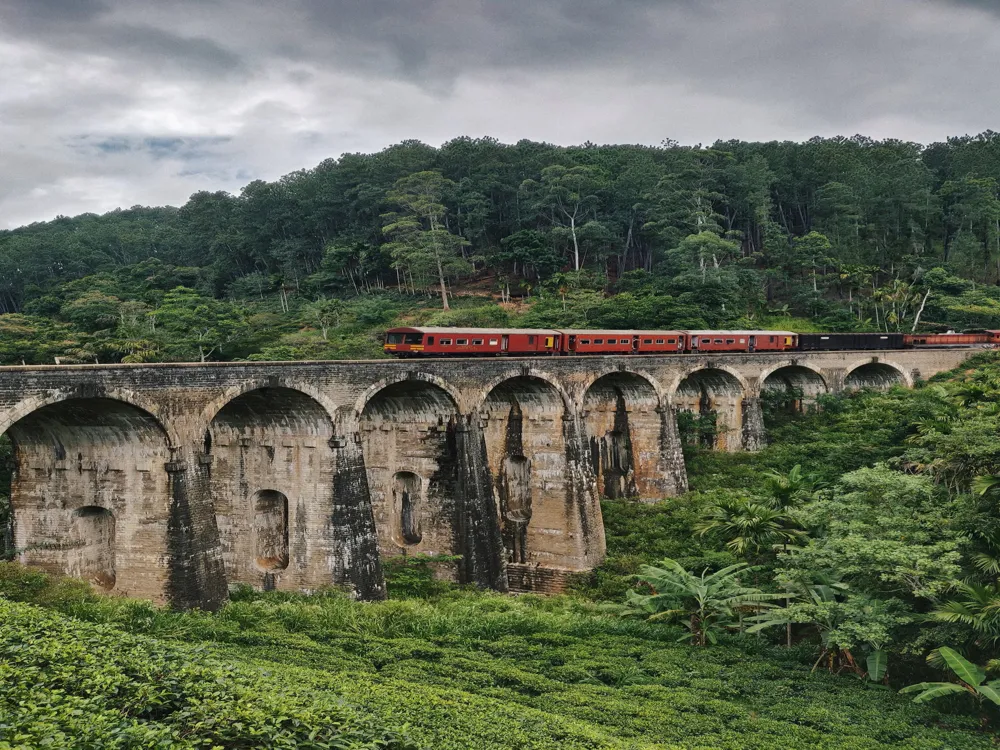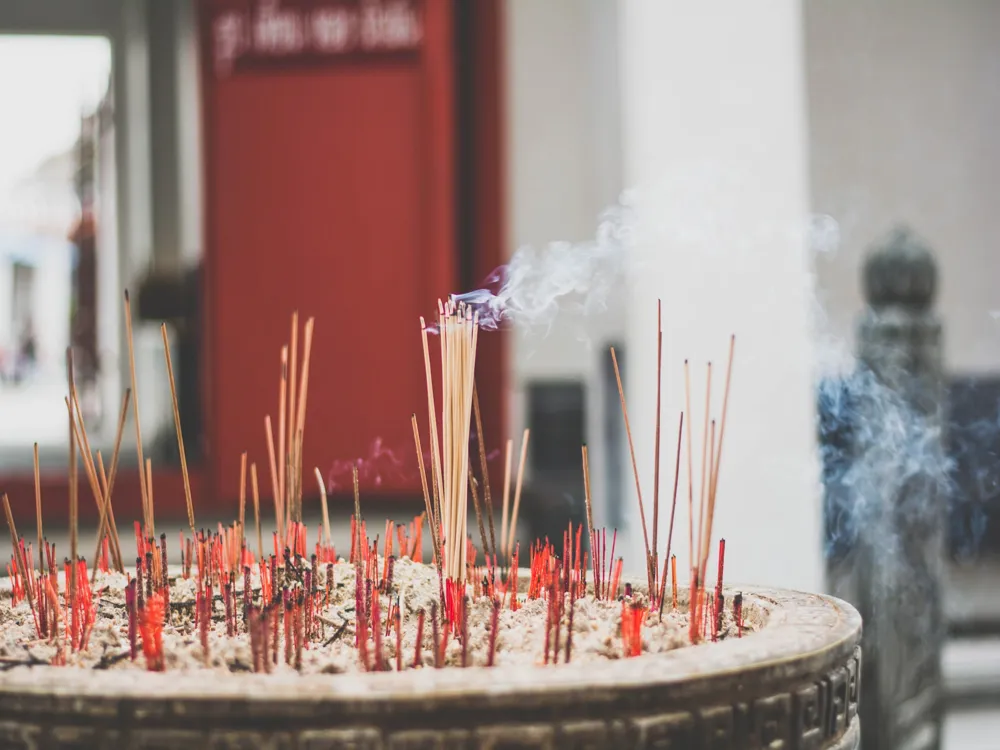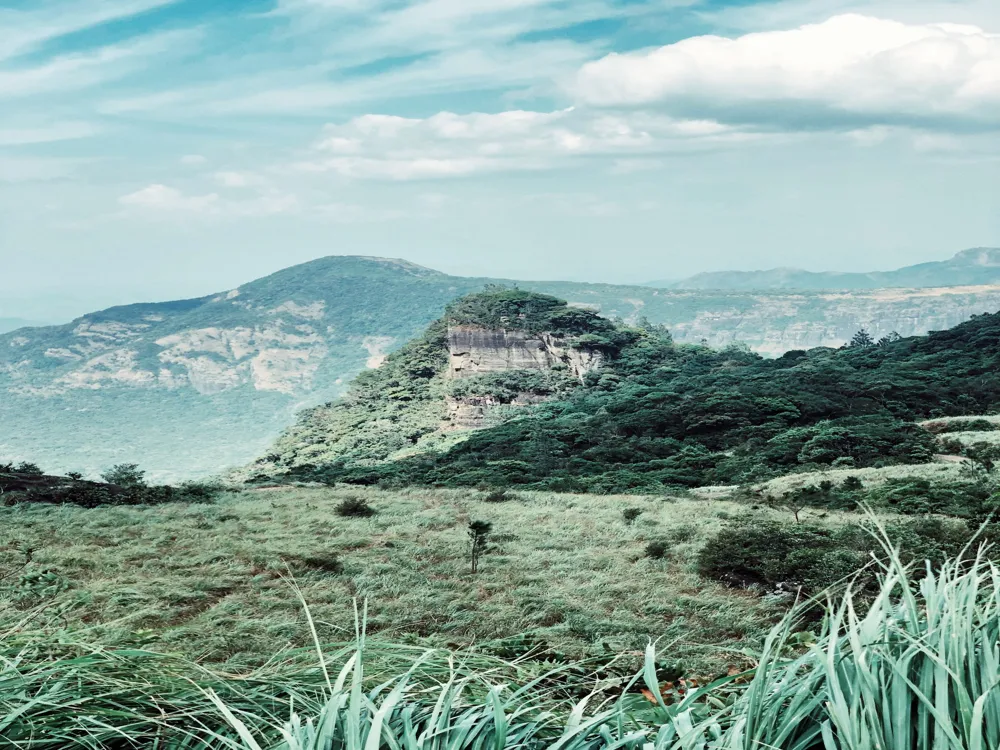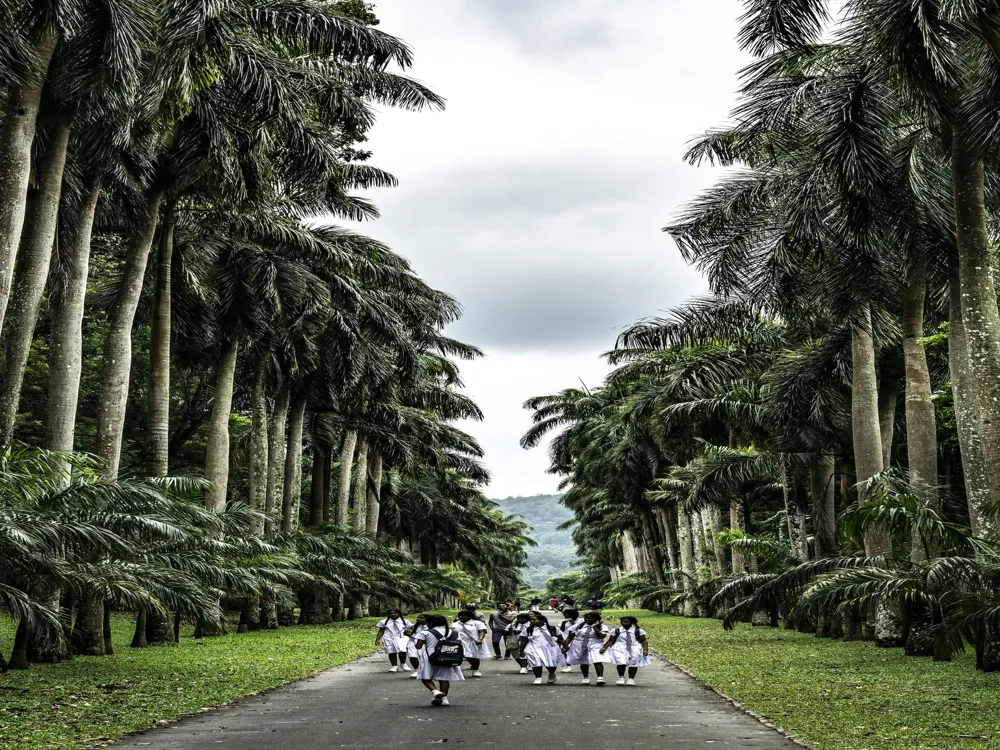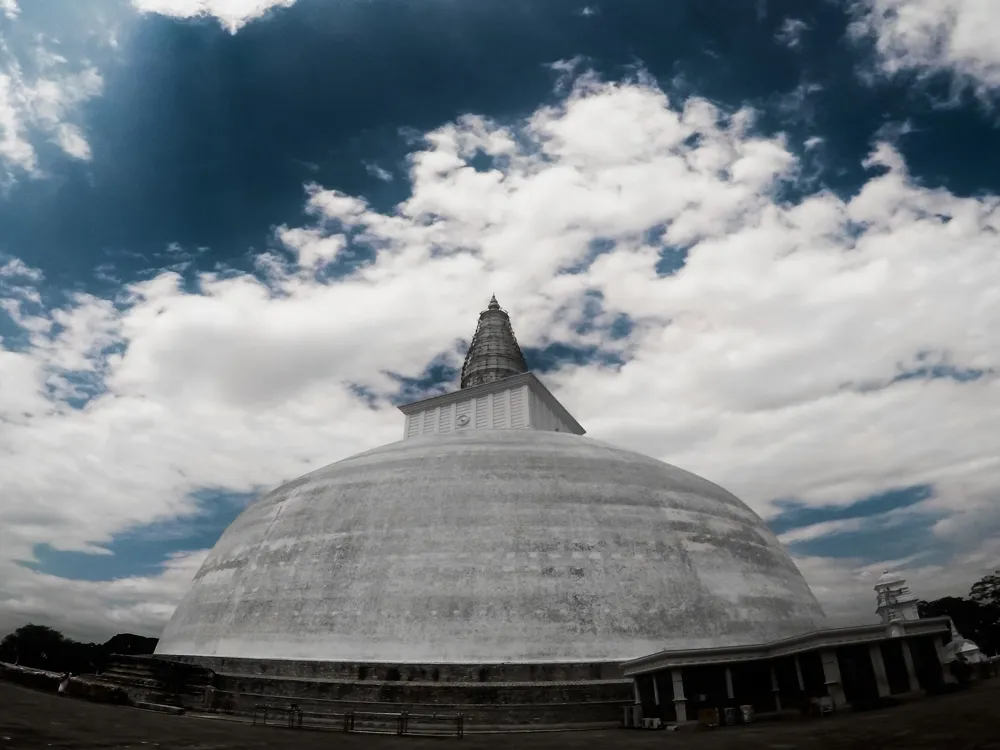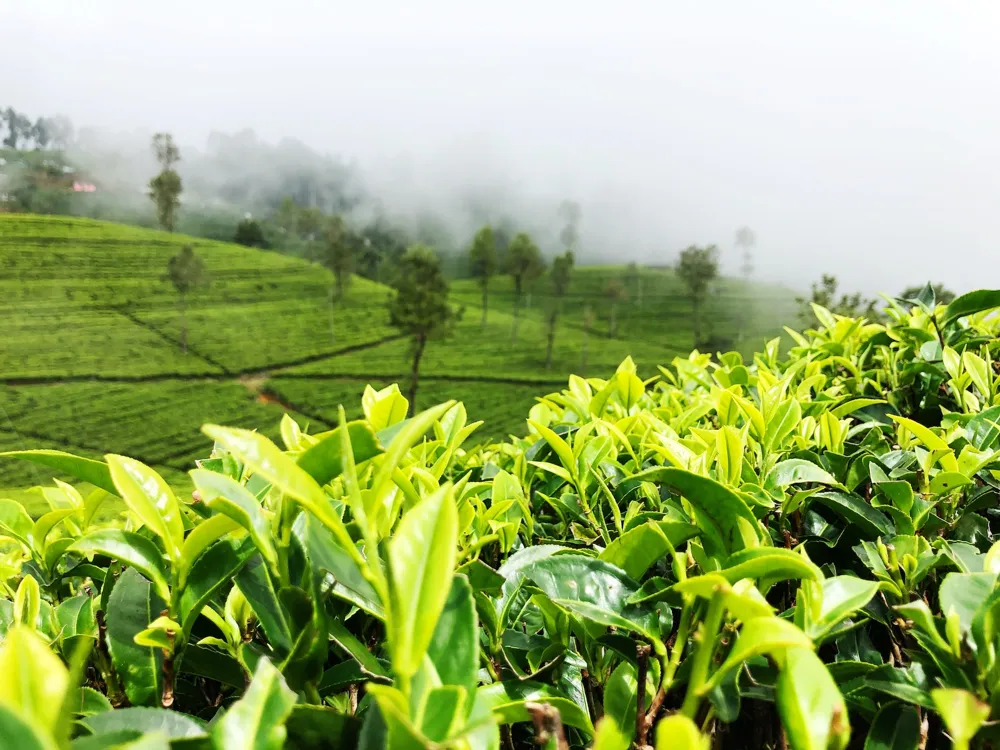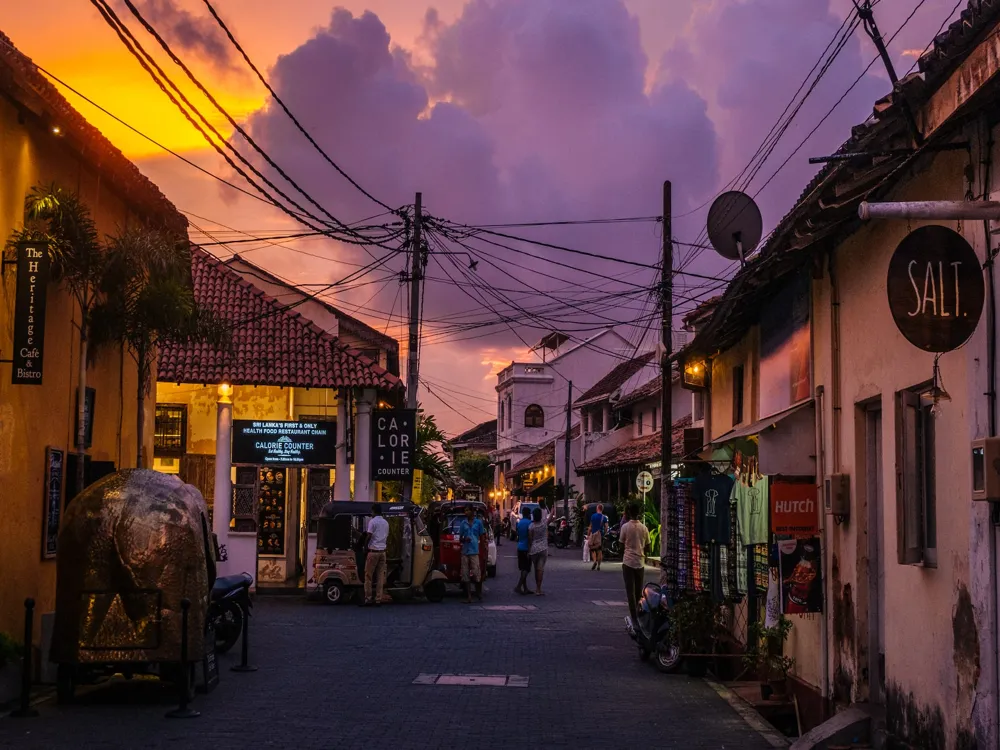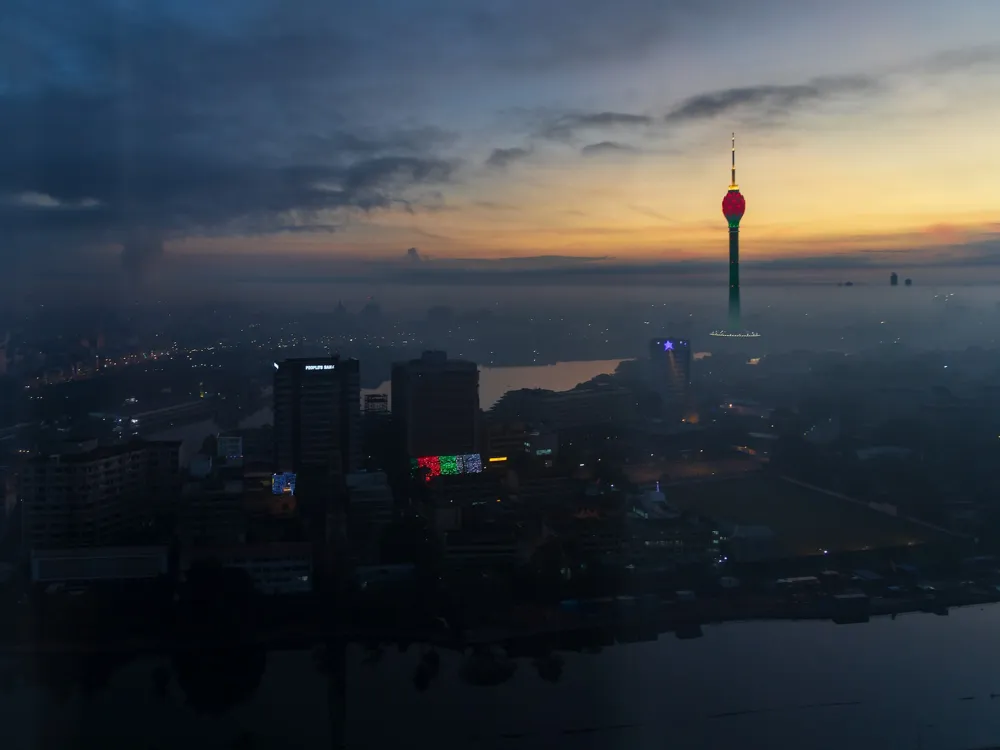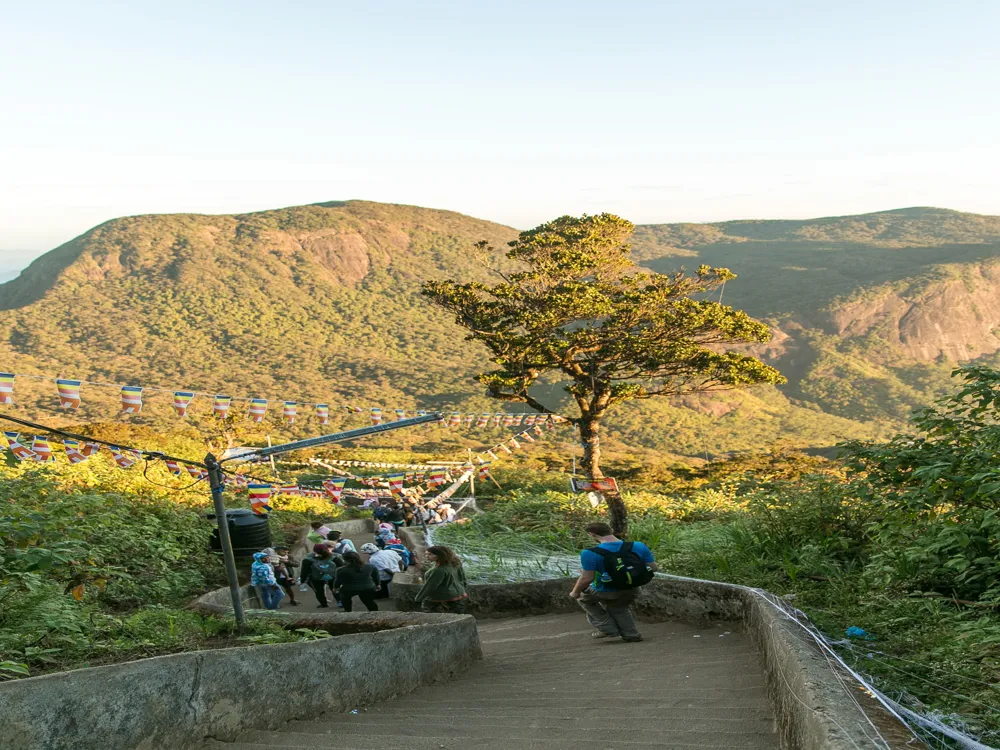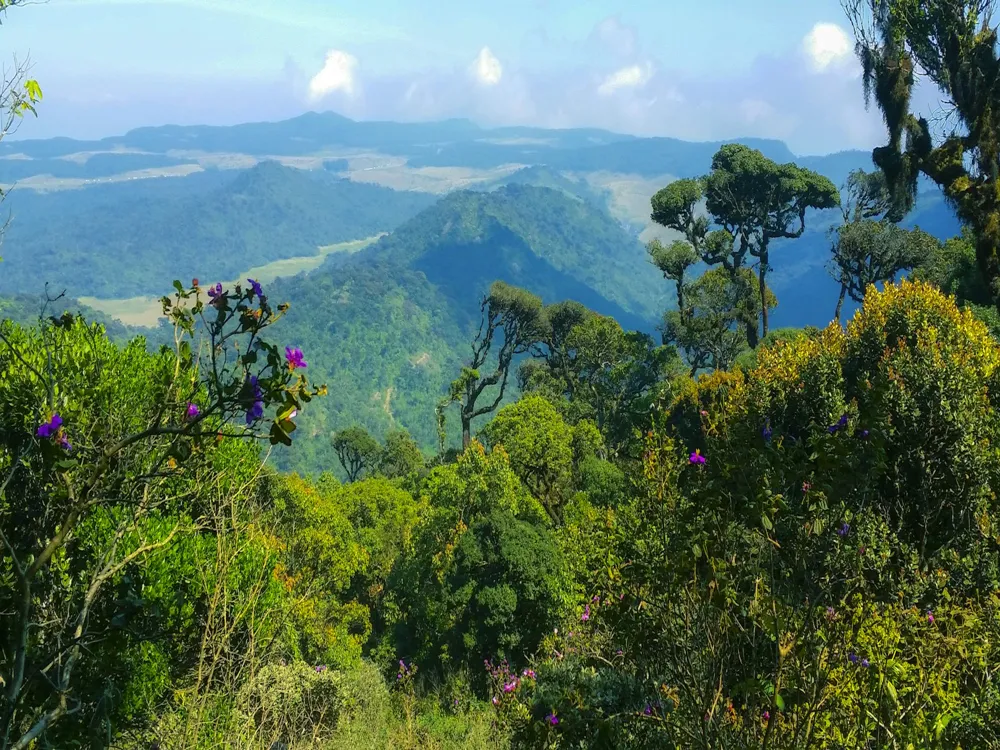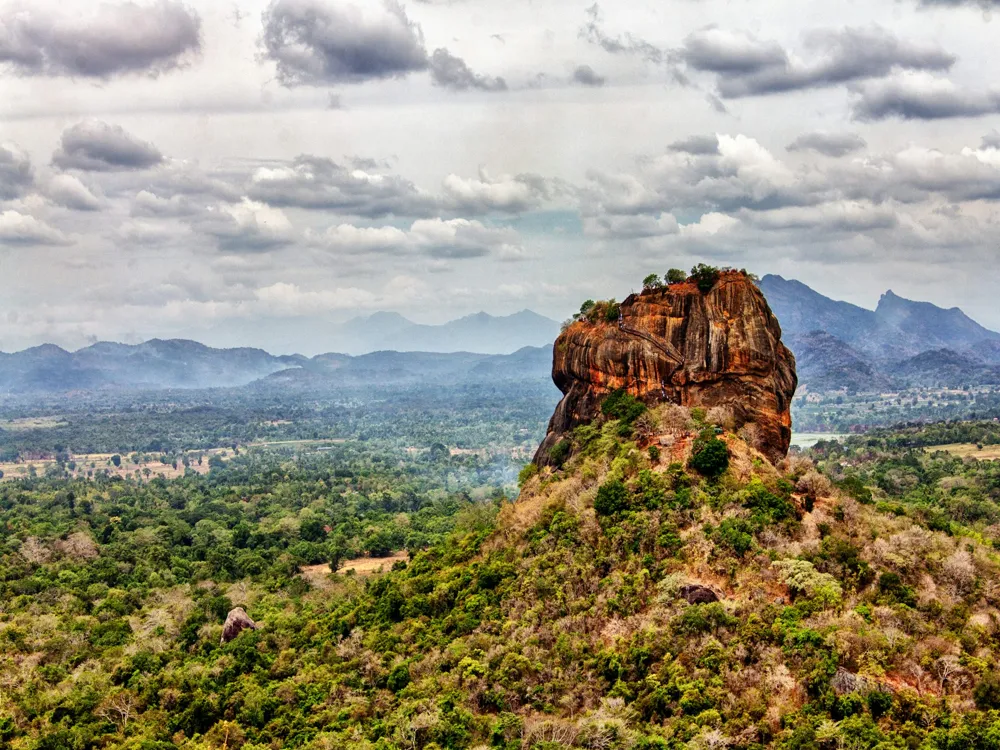The Muthumariamman Temple, located in the heart of Matale, Sri Lanka, is a beacon of cultural and spiritual significance. Revered by devotees, this Hindu temple dedicated to Goddess Muthumariamman, the goddess of rain and fertility, stands as an emblem of religious harmony and architectural splendor. The temple's history is intertwined with the local Tamil community's heritage, dating back to the 19th century. This majestic temple not only serves as a place of worship but also as a custodian of Tamil culture and traditions amidst the diverse ethnic landscape of Sri Lanka. The temple's annual festivals, particularly the colorful 'Ther' (chariot festival) and 'Theemithi' (fire walking ceremony), attract thousands of devotees and tourists, showcasing a vibrant tapestry of rituals and cultural festivities. These festivals are not just religious events but are also seen as a time for communal harmony and celebration, reflecting the temple's significance in promoting unity and cultural identity among the Tamil population in Matale and beyond. The Muthumariamman Temple's social and cultural impact extends beyond its religious activities. It plays a crucial role in community service, providing aid to the underprivileged and supporting educational initiatives. This temple stands not just as a place of divine worship but as a pillar of support and guidance for the local community, embodying the principles of kindness, charity, and social responsibility. The Muthumariamman Temple's architecture is a splendid example of Dravidian architectural style, renowned for its intricate designs, vibrant colors, and artistic excellence. The temple's towering 'Rajagopuram' (main entrance tower) is adorned with hundreds of statues of deities, saints, and mythical figures, each intricately carved and painted, creating a breathtaking panorama of Hindu mythology and Dravidian artistry. This grand entrance sets the tone for the temple's architectural magnificence. Inside, the temple unfolds into a series of mandapams (halls) and shrines, each dedicated to different deities, showcasing an array of sculptures and paintings depicting various deities and legends from Hindu scriptures. The central shrine, housing the deity of Goddess Muthumariamman, is a masterpiece of craftsmanship, with sculptures and artworks that are both spiritually significant and artistically commendable. Notable is the temple's use of vibrant colors and geometric patterns, which are not just visually appealing but also carry symbolic meanings. These colors and patterns are integral to the temple's spiritual ambiance, creating an atmosphere of reverence and awe. The temple's layout follows the traditional Hindu temple architecture, with a focus on symmetry, alignment, and directional significance, further enhancing its spiritual and aesthetic appeal. Visitors to the Muthumariamman Temple should dress conservatively, covering shoulders and knees. Traditional attire is appreciated but not mandatory. It's a sign of respect for the temple's religious and cultural norms. It's important to observe and respect local customs and rituals. Participating in rituals is welcome but should be done with an understanding of their significance. Always ask for permission before taking photographs inside the temple. Consider a guided tour for a more informative experience. Guides can provide insights into the temple's history, architecture, and religious practices, enhancing your understanding and appreciation of this cultural landmark. Muthumariamman Temple is easily accessible from various parts of Sri Lanka. For those traveling from Colombo, it's about a 3-hour drive along the Colombo-Kandy road. Public transportation options include buses and trains to Matale town, followed by a short tuk-tuk ride to the temple. For international visitors, the nearest airport is the Bandaranaike International Airport in Colombo. From there, one can hire a taxi or take public transportation to Matale. The temple's central location in Matale makes it a convenient and accessible destination for pilgrims and tourists alike. Read More:Overview of Muthumariamman Temple of Matale
Architecture of Muthumariamman Temple
Tips When Visiting Muthumariamman Temple
Dress Appropriately
Observe Local Customs
Guided Tours
How To Reach Muthumariamman Temple
Muthumariamman Temple
Matale
NaN onwards
View matale Packages
Weather :
Tags : Temple
Timings : 9:00 AM to 5:00 PM
Time Required : 30 mins - 1 hour
Entry Fee : 300 LKR
Planning a Trip? Ask Your Question
Matale Travel Packages
View All Packages For Matale
Top Hotel Collections for Matale

Private Pool

Luxury Hotels

5-Star Hotels

Pet Friendly
Top Hotels Near Matale
Other Top Ranking Places In Matale
View All Places To Visit In matale
View matale Packages
Weather :
Tags : Temple
Timings : 9:00 AM to 5:00 PM
Time Required : 30 mins - 1 hour
Entry Fee : 300 LKR
Planning a Trip? Ask Your Question
Matale Travel Packages
View All Packages For Matale
Top Hotel Collections for Matale

Private Pool

Luxury Hotels

5-Star Hotels

Pet Friendly







